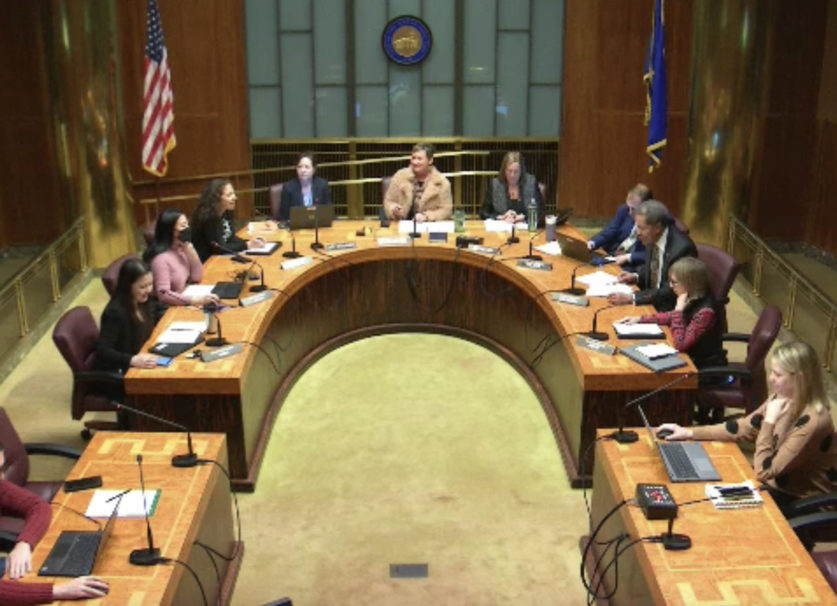St. Paul forms Reparations Commission
by Casey Ek
The City of St. Paul is one step closer to offering its residents who are Black descendants of slaves reparations as it forms a new commission for the task.
On Jan. 4, the St. Paul City Council voted unanimously to approve the formation of the permanent St. Paul Recovery Act Community Reparations Commission set to advise Mayor Melvin Carter and the council on budget and policy decisions focused on “repairing the damage caused by public and private systemic racism in the City of St. Paul which resulted in racial disparities in generational wealth, homeownership, health care, education, employment and pay, and fairness within the criminal justice system among the American descendants of chattel slavery,” the ordinance states adding that, “preference shall be given to candidates who demonstrate lived experience as it pertains to the work of the commission, are engaged in the local community and understand the role of reparations in addressing the impacts of chattel slavery.”
Work on the city-level got a jumpstart in 2021 with the formation of a reparations advisory committee, who in June reported back to the council their recommendations for how to tackle distributing reparations. That body recommended the commission consider direct cash payments, assistance with school loans and mortgage down payments, among other measures.
“The city of St. Paul is entering the new year with a momentous new committment to racial healing, racial equity and racial justice as we adopt [the ordinance],” Said Ward 7 Councilwoman Jane Prince, who was the ordinance’s lead sponsor, ahead of the council vote.
“I do feel this is a historic commitment, and I’m so glad that we moved quickly to fulfill this next step,” Ward 2 Councilwoman Rebecca Noecker later added.
The decision to form the commission comes after Mayor Carter separately last August proposed his $2 million Inheritance Fund, which would establish forgivable loans of up to $100,000 to families displaced from the Rondo Neighborhood by the construction of Interstate 94.
The commission’s funding sources are to be determined, but the reparations committee pointed to American Rescue Plan dollars, sales tax and other sources.
Verbal and written comments to the city were largely in support of the measure. At a public hearing last December, the ordinance drew almost unanimous support from the 20 or so members of the public who attended.
“I can say for a fact that this is a great undertaking, and it needs to be done. The time is now,” said Rev. Carl Walker, the co-founder of Walker West Music Academy and a resident of St. Paul for over 60 years.
Written comments opposed to the measure stated that it is not the city’s responsibility to take on reparations, and instead the federal government should take the mantle. Other comments were opposed to reparations in general.




